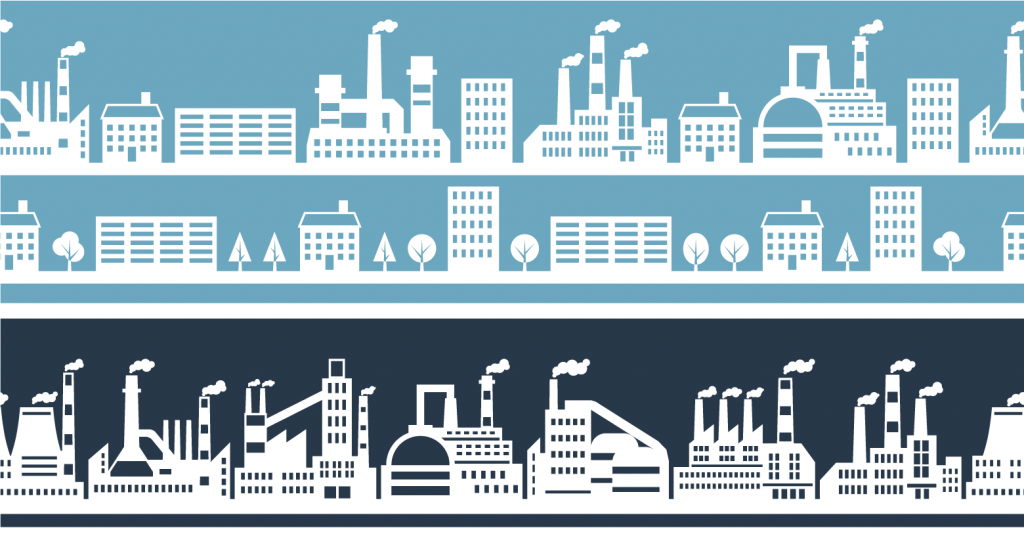
Animay Singh
Biography

What is an Industrial Policy?
An industrial policy is a document that outlines a country’s or state’s strategy in guiding economic development by encouraging investment in targeted sectors, providing subsidies to industrialists and incentivizing participation of the private sector. To this end, it lays down the legal reforms that are going to be implemented to facilitate the same as well as the guiding principles for further structural reform. It also provides plans for infrastructural development that will aid the growth of industries and often operates as a sales pitch for foreign investors.
From the above, it is clear that although Industrial Policies do not have the force of law, their effect and import is far-reaching. They have the potential to propel economic development as well as act as a hindrance for the same. Boosting industrial competitiveness, from an output as well as quality perspective is a top priority for most nations with robust manufacturing sectors. This, however, cannot be at the expense of the growth of other sectors of the economy and thus industrial policies must perform a balancing act. Especially in a country like India with a complex demographic with different levels of education and productive capacity, ignoring any one aspect of the economy would be unwise.
This article focuses on the recent developments in the industrial policies of states like Andhra Pradesh, Karnataka, and Gujarat. It identifies the common trends in the same and juxtaposes the same with the conditions prevailing in the Indian labour market as well as global trends.
Salient Features of the new Industrial Policies
Under this head, we shall be examining the Karnataka Industrial Policy 2020-2025, the Gujarat Industrial Policy 2020, and the Andhra Pradesh Industrial Policy 2020-23 to ascertain general trends in Indian labour policy.
Industry 4.0
The first key term that stands out in all three of the above policies is the emphasis on Industry 4.0. The term signifies the onset of the fourth revolution in manufacturing, which will be driven by automation, data and machine learning systems that will reduce the need for human participation in the manufacturing process by putting autonomous systems in their place. This will allow manufacturers as they can use raw materials with greater efficiency, optimize logistics and supply chains as well as reduce costs incurred due to human error.
Machine to machine communication coupled with the internet of things will allow for greater integration of manufacturing processes as well as a collection of data, which will lead to machines being able to diagnose issues without the need for human intervention.
Ease of doing business & Reduced Compliance Burden
Several state governments have made concerted efforts to introduce procedural reforms that reduce the compliance burden on industries. These include simplifying compliance for start-ups, creating an online system for filing of returns, the introduction of self-certification systems, elimination of the need for repeated renewals of licenses under different Acts such as the Shops & Establishment Act and contractors under Contract Labour (Regulation & Abolition) Act, 1970. This is supplemented by a proposal to increase the validity of renewed factory licenses to ten years and introduction of an interlinked approval scheme for labour and factory related compliances-such as those related to boilers, environmental health and safety.
Apart from these single-window clearance systems as well as dedicated regulations aimed at facilitating the creation of business opportunities in the MSME sector are steps being taken towards increasing the ease of doing business. For example, Gujarat state government has introduced the Gujarat Micro, Small and Medium Enterprises (Facilitation of Establishment and Operation) Act, 2019 to provide exemptions to those setting up establishments in this sector. Similarly, Karnataka has introduced the Karnataka Industries (Facilitation) Act Amendment to provide exemptions for those setting up industries for an initial period of 3 years.
Other notable trends are the emphasis on sustainable manufacturing and Atmanirbhar Bharat which can be seen as an extension of the Make In India policy initiative. Other reforms such as mandatory recruitment of locals and reskilling programs for those in IT/ITes industries can also be seen.
Conclusion
Most of the policy initiatives brought in by state governments are steps in the right direction as they aim to modernize and deregulate India’s industrial sector. However, with this comes the added burden of ensuring that workers are reskilled in industries that are modernized. Therefore, in industries where job redundancy is high upskilling programs must be proactively implemented to ensure workers have alternate means of obtaining an income.
With regards to deregulation, a balance must be drawn between ease of compliance and allowing exploitation to occur. State government’s must consult all stakeholders before implementing measures that might prejudicially affect one or more interest groups, that is the only manner in which an industrial policy can achieve its stated goals.
The central government is formulating a new national Industrial Policy based on recommendations provided by state governments and their respective policy documents. What aspects do you believe require more attention on a national level? What does India need to do with regards to its industrial policy to revitalize its industries?
Drop your thoughts in the comments below.
| Disclaimer: This blog is meant for informational purposes and discussion only. It contains only general information about legal matters. The information provided is not legal advice and should not be acted upon without seeking proper legal advice from a practicing attorney. Simpliance makes no representations or warranties in relation to the information on this article. |

Very Useful Information